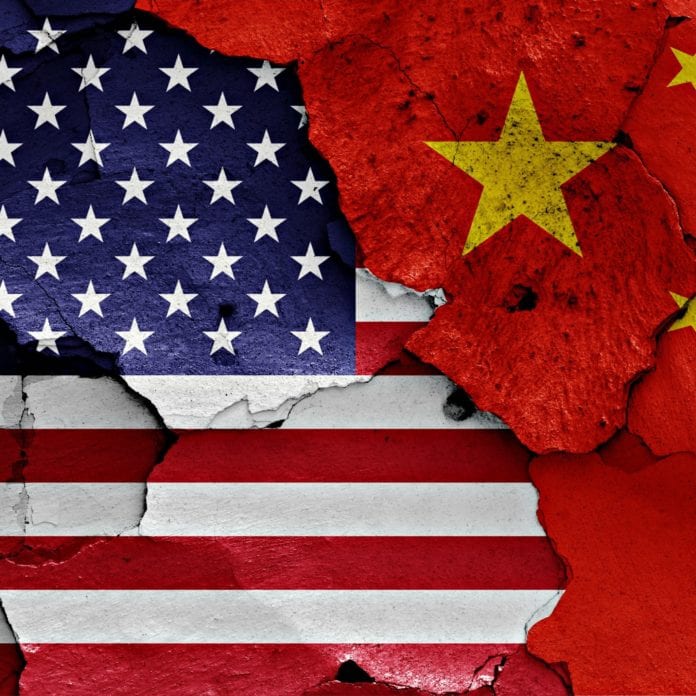U.S Commerce Secretary Wilbur Ross confirmed that the U.S. government will issue licenses to local companies seeking to sell components to Chinese vendor Huawei where there is no threat to national security, Reuters reported.
Speaking at a conference in Washington D.C, Ross affirmed that the Chinese company would remain on the Entity List, which means that export licenses would have to overcome a presumption of denial. Ross also said that the scope of goods requiring licenses would not change.
“To implement the president’s G20 summit directive two weeks ago, Commerce will issue licenses where there is no threat to U.S. national security,” Ross said. “Within those confines, we will try to make sure that we don’t just transfer revenue from the U.S. to foreign firms,” he added.
Earlier this month, President Donald Trump said that U.S. companies can sell their equipment to Chinese vendor Huawei as long as the transactions won’t present a “great, national emergency problem.”
Trump made these comments during a press conference at the G-20 summit in Osaka, Japan, after a bilateral meeting with Chinese President Xi Jinping, which had the main aim of discussing an impasse in the ongoing trade dispute between the two countries.
In May, the Trump administration confirmed that the U.S. Department of Commerce added Huawei to its Entity List, a decision that effectively banned the company from buying parts and components from U.S. companies without U.S. government approval. Under the order, Huawei will need a U.S. government license to buy components from U.S. suppliers.
At that time, firms including Google, Intel, Qualcomm and Microm had halted shipments due to the restrictions. Huawei relies heavily on computer chips imported from U.S companies. Google also supplied the company with its Android operating system.
However, since then, the administration announced that it would ease certain export restrictions recently imposed on Chinese vendor Huawei Technologies during 90 days, in a move to give operators time to make other arrangements.
Trump also said that Huawei issue was still part of the ongoing trade discussions between Washington and Beijing, but for now, he would move to resume allowing U.S. firms to sell components and software to the Chinese company.
Separately, White House economic adviser Larry Kudlow told an event hosted by CNBC that the decision by the U.S. government to ease some restrictions on Huawei could help the Chinese vendor but would only be in place for a limited time.
“We are opening that up for a limited time period,” Kudlow said. “So that’s important and, I guess, does provide some relief to Huawei.” However, the official did not specify how long these relaxed licensing requirements would be in effect.

